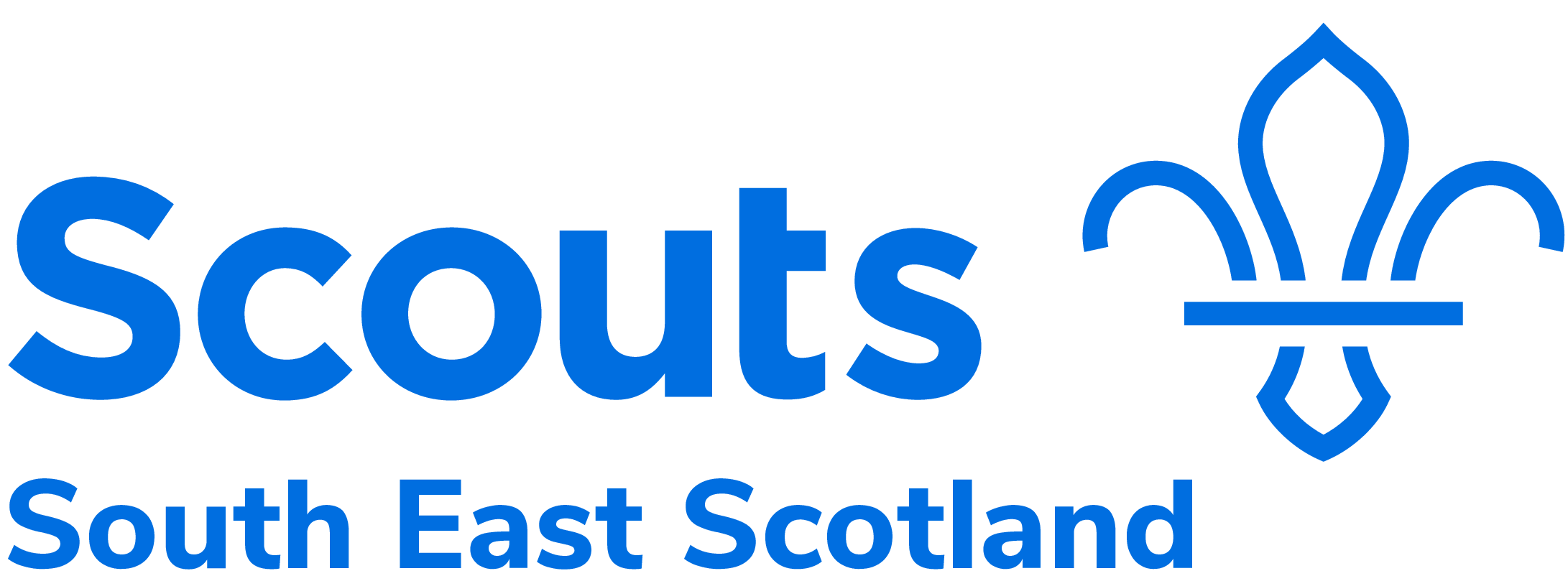Join the largest Youth Movement the world has ever seen
We are excited that you’re interested in getting a young person started on their Scouting journey and becoming part of a family over 50 million strong. Using this form, we will figure out which Section and Group your young person should join based on their age and location, as well as collect some personal information for future contact.
Upon submission, your information will be sent to the Group Lead Volunteer of the most suitable Group to handle from there.
Please note that our Group Lead Volunteers are volunteers, and require time to process requests and expressions of interest. It may take a little while before you hear back from them.
Scouting is as popular now as when we started in 1908, if not more so. As a result, demand is extremely high with the vast majority of Groups within South East Scotland now having to operate a waiting list. The best way to bring down a Group’s waiting list is by becoming a Volunteer yourself. If this is something you wish to do or are interested in finding out a bit more before making a decision, you can pop over to our volunteer page or select the option in your young persons form below.
At Scouts, we encourage all members to take part, achieve and reach their full potential. Our programme, badges and activities are designed to be flexible to reflect a person’s individual needs.
It’s important to remember that disabled people and people with long-term health conditions are the experts on their individual support needs. Disabled members may be supported by parents and carers, as well as other support workers.
Our Volunteers are guided by disabled members and those who support them when discussing what support is needed. We always take the member’s lead on how they talk about their own needs and expectations for how others, both adults and youth members, will work in partnership with them at Scouts.
We want to make sure that, as far as possible, disabled members have the same access to our services and support as non-disabled members.
Scouts uses the social model of disability. We believe that people are disabled by society, so it’s the responsibility of organisations like Scouts to make changes to remove or reduce that disadvantage.
We use the term ‘disabled people’ (identity-first language), rather than ‘people with disabilities’ (person-first language), because there’s growing agreement in the disability community about this being the preferred language. This term’s also in line with the social model of disability.
A positive, open and continuous conversation between volunteers, young people, and parents and carers is key to making Scouts safe and inclusive. The more information the volunteer team has, the better equipped we are to support the full participation of disabled members.
You can find out more about our guidance on agreeing adjustments here.


